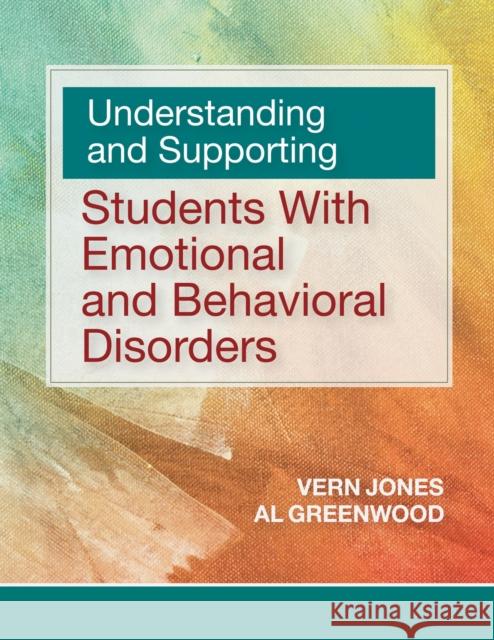Understanding and Supporting Students with Emotional and Behavioral Disorders » książka
topmenu
Understanding and Supporting Students with Emotional and Behavioral Disorders
ISBN-13: 9781681255743 / Angielski / Miękka / 2022 / 444 str.
Kategorie:
Kategorie BISAC:
Wydawca:
Brookes Publishing Company
Język:
Angielski
ISBN-13:
9781681255743
Rok wydania:
2022
Ilość stron:
444
Oprawa:
Miękka
Wolumenów:
01
Dodatkowe informacje:
Bibliografia











